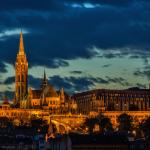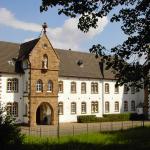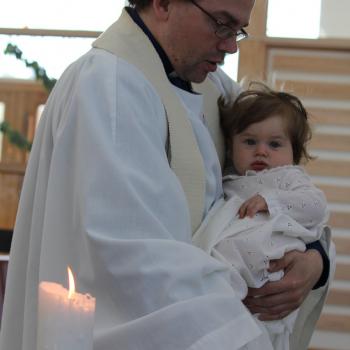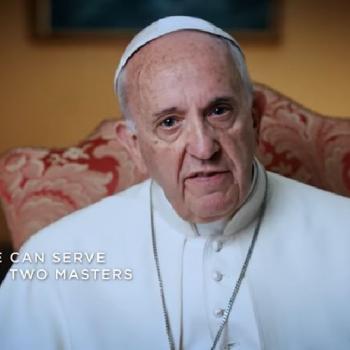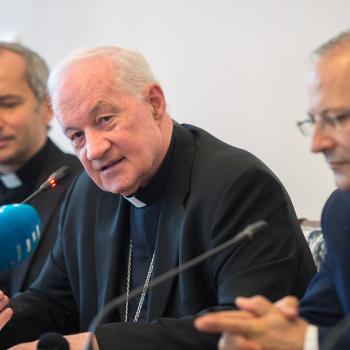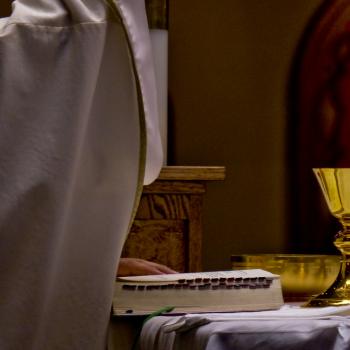L’Osservatore Romano announced last Saturday that Pope Francis has chosen the Portuguese priest poet Father José Tolentino de Mendonça to lead the Roman Curia’s 2018 Lenten retreat. Tolentino Mendonça – who is also the vice-rector of the Catholic University of Lisbon and a consultant to the Pontifical Council for Culture – will lead the Pope and his senior Vatican collaborators in a series of spiritual exercises on the overarching theme “In Praise of Thirst”.
According to the brief biographical sketch supplied by the Vatican newspaper, Tolentino Mendonça was born in 1965 on the island of Madeira, was ordained to the priesthood in 1990 and, as a biblical scholar, theologian and poet, is considered “one of the most authoritative voices of his country’s culture”. “Apprentices of Awe” is the name of the meditation the Portuguese priest will lead to open the retreat: a presentation that will be followed by nine others in little less than a week on themes such as the meaning and experience of thirst, the “thirst for nothing”, the “thirst for Jesus”, tears and thirst, desire and the “beatitude of thirst”.
What sorts of things might Tolentino Mendonça say “in praise of thirst”? The question is an interesting one, given both his glowing portrayal in the Vatican newspaper and his obvious proximity to the Pope this Lent.
Reading works about and by the poet on the internet one particular phrase of his has captured my attention: “We go through the world like meteors in the night, and the streak of light and mystery we leave behind can be summed up in the word ‘thirst'”. If someone asked me what a poet is I’d say it’s someone who says ‘I thirst’. As a religious man, these are the words that strike me in Jesus on the cross“.
Transience and humanity; poetry, thirst and religion: these themes come together in Tolentino Mendonça’s oeuvre around the experience of the body. “For me, religious experience is, before anything else, a physiological state: elemental, primary, immediate and visceral”, said the poet-priest to the newspaper El Espectador in 2017. “All of these adjectives also serve to define poetic experience. One and the other are places we get to without knowing exactly how and, after all, I’ve seen that for me they’re not two different things”.
But let’s push further. If religion, like poetry, is a bodily experience, then the place of the sacred, for the poet, is most definitely the mundane. Tolentino Mendonça describes it like this: “poetry arrives by way of the word and it does so with everyday materials. The faltering words of the down-to-earth are perhaps my primordial poetic laboratory. Apart from these there are the sacred words, but for me, the place of the sacred isn’t necessarily in the Bible”.
“Religion isn’t a creation of the religious”, continued the priest in this interview with the Colombian paper: “it’s a human invention, and a rock song can illuminate the mystery of God as much as the sacred texts can. From a religious point of view everything that’s human interests me”.
What kind of Lenten retreat can the Pope and the Curia look forward to then? Certainly the keyword of “thirst” suggests many possible directions: the damning of a “thirst for power” and the praising of a “thirst for justice”, for example. Going on Toletino Mendonça’s work to date, however, Francis and his inner circle can certainly expect spiritual exercises based on three things: the poetic, the corporal and the everyday.

